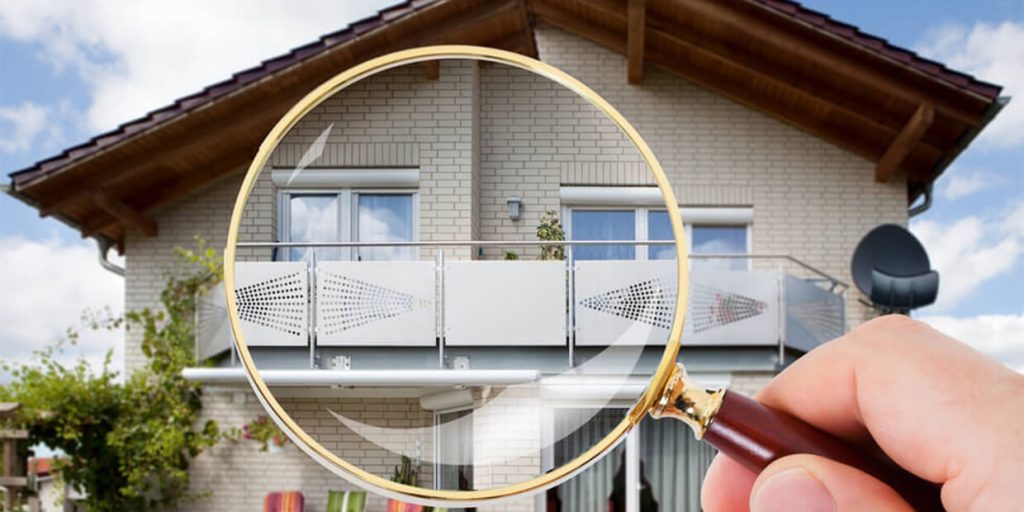Discover how home inspections influence property values and make informed decisions. Don’t overlook this vital step!
The house of your dreams has been discovered, and you’re prepared to put an offer on it.
It’s crucial to get ready for the labour required to finish the acquisition after celebrating the occasion.
Performing any necessary inspections on your potential new house is part of this.
A fundamental home inspection gives a broad overview of the state of a property, focusing on important features such the systems and equipment used in the home.
Red flags may be discovered throughout this straightforward home assessment.
In these situations, it is advisable to schedule extra inspections and testing before submitting a final offer on a property.
You should collaborate with your real estate agent as you decide what needs to be reviewed in order to guarantee that an inspection is comprehensive and beneficial.
Then, you can investigate these potential outcomes as required.
- Electrical Safety Checks and Repairs
Although older homes tend to have more electrical safety hazards, electrical problems may occur in any property at any time.
Every house inspection must include checking that all electrical systems are correctly grounded to prevent fire, shock, and appliance damage.
Circuit breakers, wiring, light fixtures, ceiling fans, and outlets will also be examined by inspectors to ensure that they are in good working order and do not pose a fire risk.
Each inspection’s recommended next actions for dealing with electrical problems will be unique.
Whatever advice you receive, consider it carefully and go over it with your agent.
- Roof examinations and maintenance
A roof inspection frequently reveals some degree of wear and tear since a house’s roof is constantly exposed to the weather.
Minor problems, though, have a tendency to grow into larger ones that cause harm inside a residence.
In order for the damage to be quickly remedied, it is crucial to determine exactly what damage there is.
The ability of the roof structure to withstand the strain brought on by snow and other natural occurrences is frequently checked by home inspectors.
Finding out during your inspection whether a complete roof repair will be required soon is your first priority as a property buyer.
If the answer is yes, you and your agent will need to talk about the matter and how it could affect the size of your offer as you bargain over the last-minute specifics of the property purchase.
- Inspections and repairs of water heaters
The effects of a water heater malfunctioning might be hazardous.
By inspecting a water heater for concerns like incorrect valve installation, blocked discharge lines, corrosion, and rust, home inspectors want to prevent this.
The inspector will offer suggestions for any necessary next steps, which may include minor repairs or a complete replacement, depending on the condition and age of a water heater.
Make sure to give your real estate agent these suggestions!
They can then be discussed while you continue to haggle over your offer to purchase the property.
- Inspections and fixes for home appliances
An equipment that isn’t working properly, like a water heater, might cause harm or put a home in risk.
However, just a select few appliances are examined during a home inspection!
Particularly, appliances that are “built-in” and are affixed to the house permanently will be investigated.
Although equipment like microwaves and refrigerators aren’t usually examined, you can count on an inspector to go over a home’s wall ovens, ranges, surface cooktop appliances, built-in microwave ovens, dishwashers, and food waste disposals.
As required for each unique device, an inspector will also offer particular advice.
- Structural evaluations and maintenance
A house’s ability to support itself will be determined by its structural soundness, very literally!
In order to look for visible indicators of deterioration, inspectors will evaluate structural components in detail.
There are various methods an inspector can identify if there is structural damage, from cracks in the foundation to rot damage in the walls and degeneration in the flooring.
If so, you should study that data both in-person and over the phone with your agent before entering into negotiations.
What Should I Do with All Those Suggestions?
An examination of a home is significant.
In spite of this, it’s OK if a property you adore doesn’t pass a home inspection checklist with flying colors!
Instead, try to get thorough, factual information on the house you intend to buy from an expert home inspector. You’ll be able to prepare for the future with greater assurance and know exactly what you’re buying. Remember to ask your real estate agent any of your questions regarding the house inspection!
Agents are qualified to assist you with every step of the purchasing process; they will not only assist you in evaluating the home you wish to purchase but will also assist you in utilizing the information from its inspection to engage in negotiations.
Remember to ask your real estate agent any of your questions regarding the house inspection!
Agents are equipped to assist you with every step of the purchasing process. They will not only help you assess the home you wish to purchase but will also show you how to utilize the information from its inspection to negotiate the best possible price.
No matter where you are in the buying process, you may always start working with an agent.
If you need help discovering the ideal house, get in touch with us right now!

